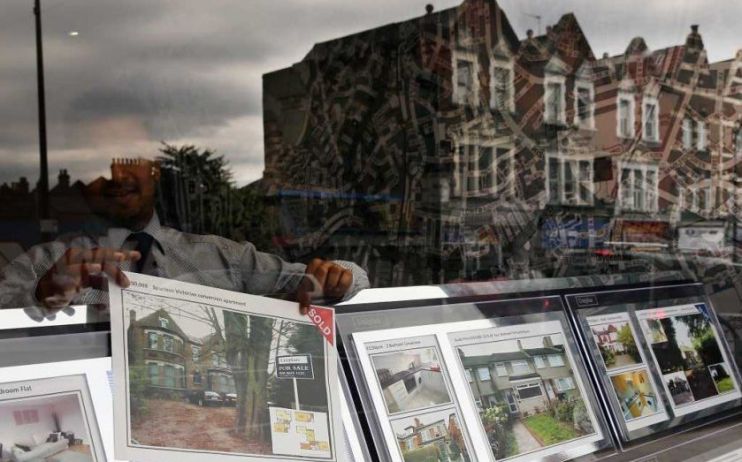Property Special: Will the Bojo mortgage fill the Help to Buy hole?

The so-called Mortgage Guarantee Scheme (MGS), commonly known as the Bojo Mortgage, is a more market encompassing version of the Help to Buy scheme, allowing lenders the option to purchase a guarantee on mortgage loans for those with less than a 10 per cent deposit.
Launched in April of last year, it can be utilised on new-build and existing homes by first-time buyers, those remortgaging and home movers.
However, it’s not open to buy-to-let purchases, second homes or properties with a market value in excess of £600,000.
But how has it been received and how does it compare to the popularity of Help to Buy equity loan scheme?
Research by estate agent comparison site GetAgent.co.uk has revealed how the MGS has so far fared and how this performance compares to the existing Help to Buy equity loan scheme.
Take up vs Help to Buy
Since the second quarter of 2021, 12,388 sales have completed with the help of the scheme, with the value of these loans exceeding £2.2bn, fuelling almost £2.4bn worth of property purchases.
During the same period, the Help to Buy equity loan scheme aided 27,112 transactions with £1.9bn in equity loans facilitating £7.9bn worth of property sales.
However, Help to Buy has been established for far longer in its various forms and when comparing the success of the MGS to the early days of the Help to Buy equity loan scheme, the uptake is far more similar.
In fact, when Help to Buy first launched in 2013, it helped just over 14,000 buyers to get a foot on the ladder in the same time the MGS has helped nearly 13,000 buyers.
Differences across UK
So where is homebuyer appetite for the MGS the strongest?
So far, 24 per cent of the 12,388 transactions to complete with the help of the MGS have been located in Scotland.
The North West has also been home to a high percentage of MGS completions at 12 per cent, as has the South East at 10 per cent.
Northern Ireland (3 per cent) and London (4 per cent) account for the lowest level of MGS transactions.
Although it’s open to all buyers, 86 per cent of all completions coming via the MGS have been first-time buyers.
First-time buyers
While London may be home to one of the lowest levels of MGS transactions, 92 per cent of those utilising the scheme in the capital are first-time buyers.
“House prices have spiralled to record highs during the pandemic and so it’s fair to say that the nation’s homebuyers need all the help they can get, first-time buyers especially,” said Colby Short, founder and CEO fo GetAgent.co.uk.
Discussing the findings with City A.M. today, short said “the Government’s latest attempt to provide this help certainly seems to serve a purpose, aiding a similar level of transactions as the Help to Buy equity scheme did in its early days, the majority of which have been first-time buyers.”
The question is, are government schemes designed to feed demand without addressing supply really the answer?
“We saw how this approach via the original Help to Buy scheme ironically pushed house prices even further out of reach of the average person,” Short said.
“Now we have two such schemes running in conjunction with each other, at a time when property values are already climbing at an alarming rate.”
“Surely a consistent approach to actually building more houses would be a far more sustainable way to address affordability in the long run?” Short concluded.